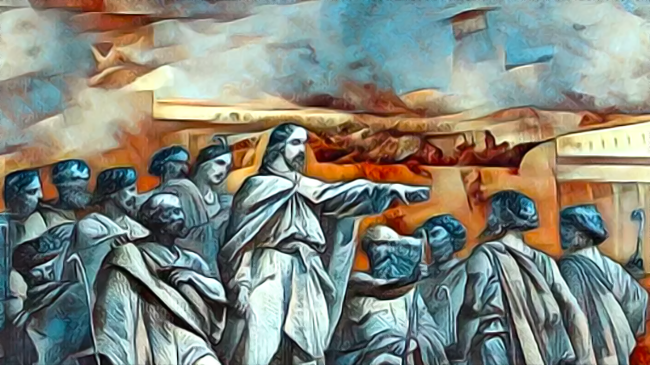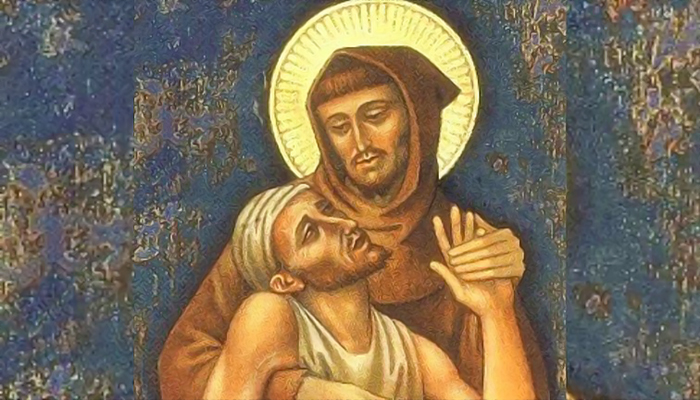
Fr. Daniel Berrigan wrote that unless you can drink in strength from a source outside yourself, your natural proclivities for paranoia, bitterness, and hatred will invariably swallow you whole. Fr. Rolheiser writes that the disciples in Luke’s Gospel understood this. They approached Jesus and asked him to teach them how to pray because they saw him doing things they did not see anyone else doing. He was able to meet hatred with love, to genuinely forgive others, to endure misunderstanding and opposition without giving in to self-pity and bitterness, and to retain within himself a center of peace and non-violence. They knew this was as extraordinary as walking on water, and they sensed that he was drawing the strength to do this from a source outside him through prayer. They knew they were incapable of resisting bitterness and hatred and wanted to be as strong as Jesus, so they asked him: Lord, teach us to pray. If prayer is always a form of communication with God, then we are, in some sense, always praying because God is always already present to us. In a sense, it is a form of hubris to think that we can simply turn on or turn off the prayer channel as if we could select when God can receive our missives. In truth, not only what we say or think but how we act, what we prioritize, how we love, how we care for one another, and so on all combine to communicate something to the God who is always nearer to us than we are to ourselves. Prayer is meant to keep us awake, which means it’s meant to keep us connected to a source outside of our natural instincts and proclivities, which can keep us grounded in love, forgiveness, non-retaliation, and non-violence when everything inside of us and around us screams for bitterness, hatred, and retaliation. And if Jesus had to sweat blood in trying to stay connected to that source when he was tested, we can expect that the cost for us would be the same. We will struggle in agony, wanting in every fiber of our being to give in, clinging to love precariously by the skin of our teeth, and then having God’s angel strengthen us only when we’ve been writhing long enough in the struggle so that we can let God’s strength do for us what our own strength cannot do.









